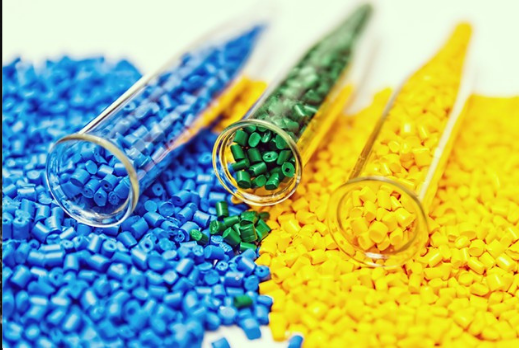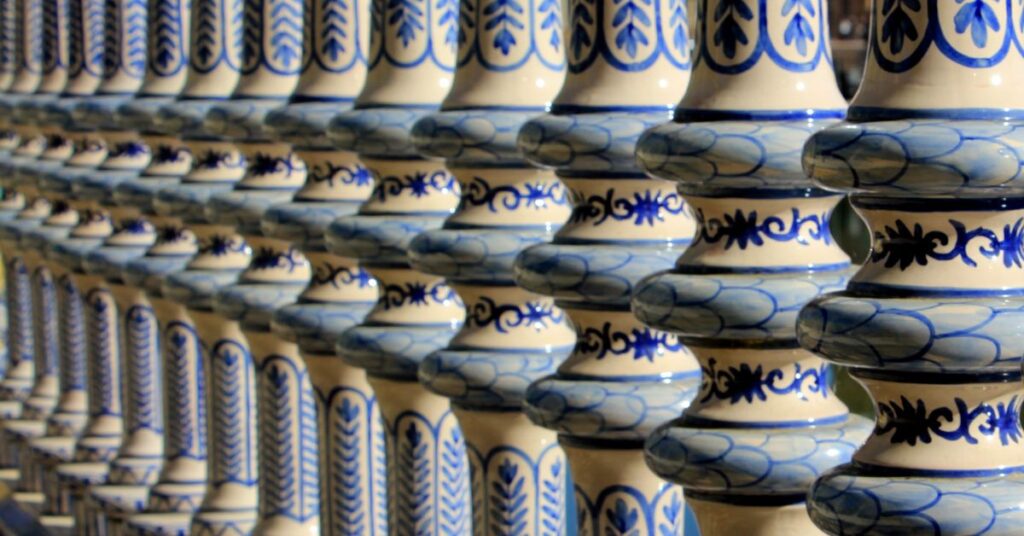Industries
Talc is a cornerstone of the cosmetics industry, cherished for its softness, absorbent properties, and ability to create a velvety texture. It plays a crucial role in products like powders, foundations, eyeshadows, and blushes, imparting a smooth, matte finish to the skin. Talc's absorbency effectively controls excess oils and moisture, providing a long-lasting, shine-free appearance. Its gentle, silky feel and versatility as a bulking agent ensure that cosmetics blend effortlessly and evenly, contributing to a flawless makeup application that stands the test of time.
Cosmetic

Pharmaceutical

Talc holds a vital place in the pharmaceutical industry, where its exceptional properties, including chemical inertness, lubrication, and compressibility, make it indispensable. It serves as a tablet coating and a critical ingredient in solid dosage forms, ensuring smooth production processes and preventing tablet adhesion. Talc's pharmaceutical-grade purity and safety are paramount, guaranteeing that it complies with stringent regulatory standards, allowing it to be utilized in the creation of medicines that are reliable, easy to swallow, and effective in their intended purpose.
Talc is a linchpin in the plastic industry, prized for its role as a reinforcing filler that bolsters the mechanical properties of plastics, including stiffness, impact resistance, and dimensional stability, all while reducing the overall weight of plastic components. This cost-effective and versatile mineral enhances the surface finish of plastic parts, contributes to their dimensional precision, and even plays a role in noise reduction, often making it an invaluable choice in applications ranging from automotive components to packaging materials.
Plastic

Paints & Coatings

Talc is an essential component in the paint and coating industry, serving as a multifaceted filler and extender. It enhances the texture and durability of coatings, ensuring smooth and even application while reducing overall production costs. Talc's heat resistance, chemical inertness, and ability to improve surface finish make it invaluable in achieving the desired performance and aesthetic qualities in a wide array of paint and coating products, from architectural paints to industrial coatings.
Talc is a cornerstone of the ceramics industry, where it enhances firing characteristics and glaze formulation. Its unique properties, including high-temperature resistance, thermal shock tolerance, and chemical inertness, make it an indispensable ingredient in the creation of ceramic products such as pottery, tiles, and porcelain. Talc contributes to the precise control of the firing process, ensuring that ceramics maintain their intended shape, strength, and surface finish while being a cost-effective and reliable solution in this artful craft.
Ceramics

Paper and Pulp Industry

In the paper and pulp industry, talc plays a pivotal role as a versatile additive. It is used to enhance paper quality by improving its smoothness, brightness, and printability. Talc acts as a cost-effective filler and coating agent, optimizing paper production processes and end-product characteristics. Its chemical inertness and ability to contribute to paper's exceptional surface finish make it a valuable asset, ensuring that paper and pulp products meet the high standards of the industry while also improving manufacturing efficiency and reducing costs.
Talc is a crucial component in the roofing material industry, where it enhances fire resistance, weather resistance, and durability of roofing products like asphalt shingles. Talc's heat resistance and chemical inertness contribute to the overall performance of these materials, ensuring that they can withstand the elements and provide long-lasting protection. Its unique properties make it an invaluable ingredient in roofing materials, where reliability, safety, and product longevity are paramount.
Roofing Materials

Food

In the food industry, talc serves as a safe and effective anti-caking agent, preventing clumping and ensuring the free-flowing quality of powdered food products. Talc's chemical inertness and purity make it a valuable addition to items like spices, seasoning mixes, and dry food blends, maintaining product quality and shelf stability. Its presence in the food processing industry aids in maintaining the integrity of food products, enabling consumers to enjoy convenience and reliability in their culinary experiences.s.
Talc is a valuable ingredient in the rubber industry, where it acts as a reinforcing filler, enhancing the mechanical properties of rubber products. Its softness and unique blend of properties, including excellent resistance to heat, chemicals, and electrical conductivity, make it an essential component in the manufacturing of rubber items such as tires, automotive components, and industrial seals. Talc contributes to improved performance, durability, and processability of rubber materials, ensuring their reliable use in a wide range of applications across various industries.
Rubber

